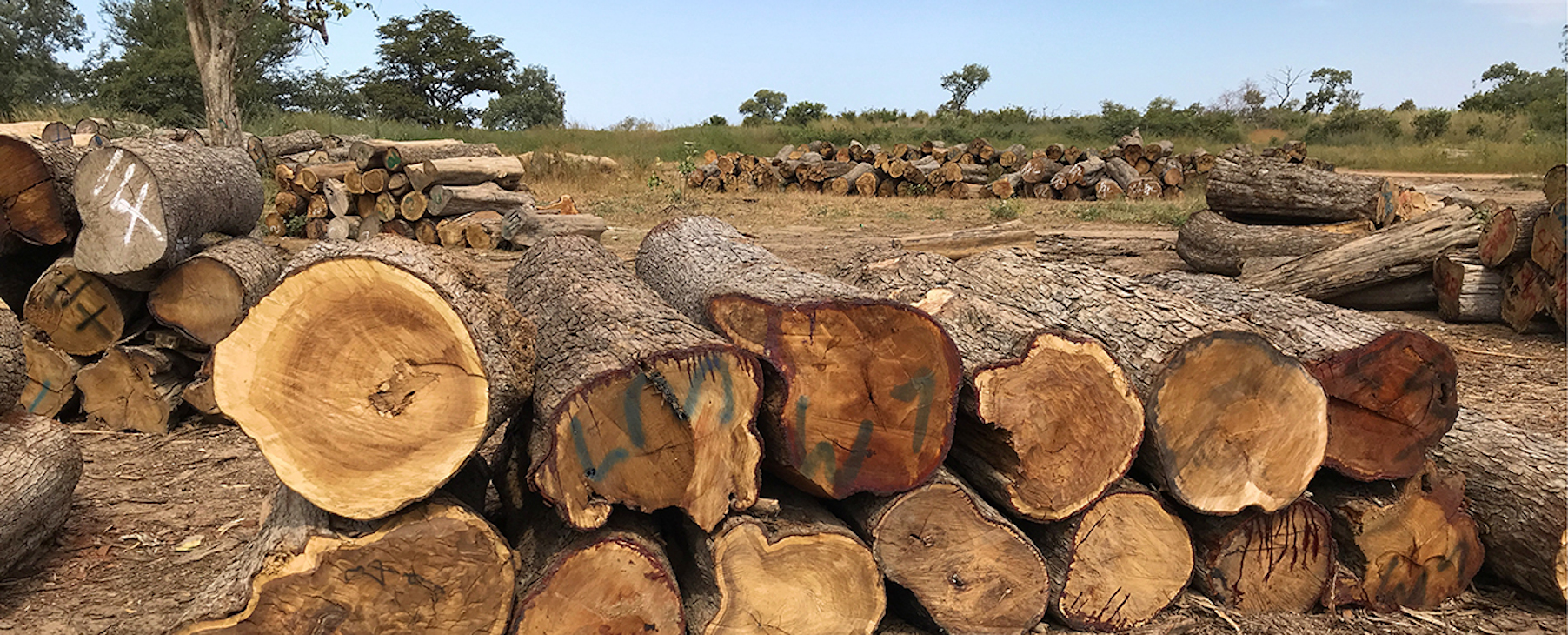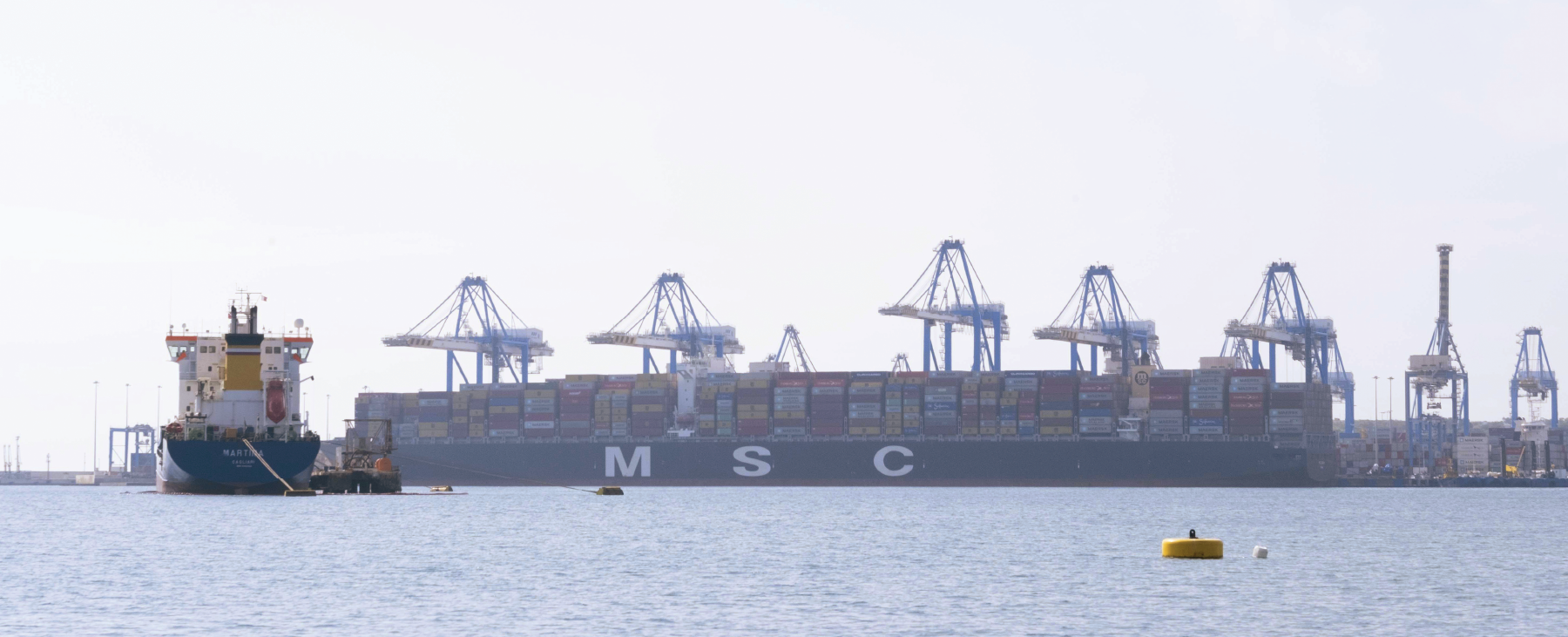The Office of the Attorney General of Switzerland (OAGS) decided not to further prosecute the Swiss precious metals company Argor-Heraeus SA, that handled dirty African gold. While Swiss authorities acknowledged that Argor did refine looted gold and violated its duty of diligence, the case was nonetheless closed, a decision met with disbelief by the three NGOs working on the case. Together with Conflict Awareness Project (CAP), the Open Society Justice Initiative (OSJI) supported a legal complaint filed in November, 2013 by TRIAL (Track Impunity Always), in which the Swiss NGO accused Argor of illegally processing over three tones of pillaged gold from the Democratic Republic of Congo. According to the NGOs, this decision undermines international efforts to eliminate the illegal resource trade that fuels conflicts around the world.
On 10 March 2015, the Office of the Attorney General of Switzerland (OAGS) closed the Argor case and concluded that there was no reason to believe that the company had been aware of the criminal origin of the three tons of gold pillaged from the DRC that it had refined. TRIAL, OSJI and CAP find this outcome hard to believe. According to the decision:
- The company did indeed refine three tons of dirty gold pillaged by Congolese rebels;
- numerous reports linking the armed conflict in the DRC and the Congolese origin of dirty gold had been published at the time of the events;
- The refining of such gold was a key element of the war effort in eastern DRC;
- Violation of an anti-laundering regulation can lead to a criminal conviction;
- The company violated a regulation it had itself adopted in order to meet the requirements of the Law on Laundering and the Law on the Control of Precious Metals. In fact, indications of the origin of the gold “…should have raised Argor’s suspicions. (…) It failed to clarify the origin of the gold although its internal regulations required it to do so if there were any doubts as to the origin of the raw material for refining (…).”
- Despite these overwhelming findings, the OAGS decided to close the case 16 months after opening a criminal inquiry. It felt that the company should not be held responsible as “it is not clear (…) that the defendants had any doubts as to, or concealed any evidence of, the criminal origin of the gold.”
First and foremost, the OAGS’s stance raises questions over Switzerland’s role in the processing of and trade in precious metals. The NGOs still expect to know how several tons of dirty gold coming from one of the bloodiest and publicised conflicts of our time can reach Switzerland and be refined there without any consequences.
The NGOs also noted the grave message the closure of the case sends: “This decision gives free rein to companies who violate their duty of diligence and prefer to remain ignorant of the criminal origin of raw materials. It means that they can simply turn a blind eye to indications suggesting the criminal origin of raw materials in order to avoid prosecution.”
The NGOs finally recall that there can be no justice without accountability for the private sector: “When companies fuel some of the most violent conflicts in the world, any failure on the part of the authorities to sanction them only ends up encouraging them to pursue their harmful activities.”
The Argor case in 8 questions
1. WHO IS ARGOR-HERAEUS?
Argor-Heraeus SA is one of the five largest precious metal refining companies in the world. The company is particularly active in the refining and sale of gold. Its headquarters are in Mendrisio (Ticino, Switzerland).
2. WHAT IS IT BEING ACCUSED OF?
Argor-Heraeus is accused of having refined several tons of dirty gold between 2004 and 2005, taken from mines in eastern Democratic Republic of the Congo (DRC) and pillaged by armed groups controlling the region at that time. In the complaint filed in November 2013, the NGOs stated that they believed the company knew of the origin of the raw material (see www.stoppillage.org). They therefore considered that these acts could form complicity in pillaging, which is a war crime, along with aggravated laundering.
According to the complaint, Argor-Heraeus knew, or at the least should have suspected, that these raw materials, provided by Hussar Ltd and Hussar Services Ltd, interlinked companies based respectively in Jersey and London, were the proceeds of pillage, which is a war crime. Argor knew that Hussar had obtained the gold from a Ugandan trading company which itself had imported the gold “from the region.” At the time, virtually no gold was produced in Uganda and almost all gold exported from Uganda was smuggled from mines controlled by unlawful armed groups in neighboring DRC.
3. WHY HAS THE OFFICE OF THE ATTORNEY GENERAL OF SWITZERLAND (OAGS) CLOSED THE CASE AFTER A 16-MONTH INVESTIGATION?
The OAGS decided that the evidence in its possession was insufficient to conclude that Argor-Heraeus was aware of the illegal origin of the gold.
4. WHAT ARE THE MAIN ARGUMENTS IN THIS LEGAL DECISION AND WHAT DO THE NGOS THINK ABOUT THIS?
- The OAGS confirmed that the gold refined by Argor-Heraeus had indeed come from a rebel armed group in the DRC and that the act of refining it had been crucial to the group’s war effort.
- The NGOs welcomed this conclusion, which was in line with the evidence they provided to support their claims.
- In the decision, the OAGS noted that the refining was an objective act of complicity in pillaging but that evidence of Argor’s knowledge of the illegal origin of the gold was lacking, thus shielding the company from any form of sanction.
- The NGOs find this a regrettable conclusion as there was an abundance of public information in this regard (articles and reports from the mass media, the UN and NGOs). This conclusion could end up encouraging companies active in the precious metals sector not to ascertain the origin of the raw material they receive in order to guard against any possible prosecution.
- Noting that, according to case law, a regulatory violation could lead to a criminal conviction for laundering by omission, the OAGS finally ruled that the company was in breach of its own regulation, adopted in accordance with the Law on Laundering (LBA) and the Law on the Control of Precious Metals (LCMP). The OAGS that stated that, in the presence of “concrete indications (…) that should have raised Argor’s suspicions, (…) [it] failed to clarify the origin of the gold although its internal regulations required it to do so.” However, the OAGS decided that this violation should not result in the company’s conviction because “it was not clear (…) that the defendants had any doubts as to, or had concealed any indication of, the criminal origin of the gold.”
- The NGOs believe that this reasoning could have harmful consequences: it could result in refining companies preferring not to seek further information if there are any doubts as to the illegality of the raw materials being processed. It simply encourages them to bury their heads in the sand.
5. WHY HAS AN APPEAL NOT BEEN MADE AGAINST THIS DECISION?
Under Swiss law, NGOs do not have the right to act as plaintiff in proceedings. They are therefore only able report activities that they consider to be in violation of Swiss law. Even when a decision is passed on a case that has been reported by them, they cannot appeal against it. In this case, the victim of the pillaging was formally the DRC since the mineral resources that were pillaged belonged to this country. The DRC did not, however, appear as a plaintiff.
6. WHAT WERE THE MAIN STAGES IN THE CASE?
- Between 2004 and 2012, in collaboration with the Open Society Justice Initiative, Kathi Lynn Austin investigated the dirty gold coming from the DRC and sent her findings and evidence to TRIAL.
- TRIAL then undertook a further year’s investigative and legal analytical work before filing a criminal complaint with the Federal Prosecutor’s Office on 30 October 2013.
- On 10 March 2015, the OAGS decided to archive the case, subsequently making this decision public.
- For more information on the precise details of the proceedings, see www.stop-pillage.org.
7. WHICH NGOS HAVE BEEN ACTIVE IN THIS CASE AND WHAT HAS BEEN THEIR ROLE?
The complaint Argor was based upon nine years of investigative work carried out by Kathi Lynn Austin (Director of CAP), supported by the OSIJ. The Justice Initiative has also supported TRIAL’s lawyers in developing the international legal arguments around the case. The results of these investigations have been shared with Jersey Channel Islands and UK law enforcement authorities.
TRIAL (Track Impunity Always) is a Swiss NGO fighting the impunity enjoyed by those responsible for and complicit in the most serious international crimes.
trialinternational.org
Open Society Justice Initiative is a program of the Open Society Foundations that uses law to protect and empower people around the world. Its work includes combating natural resource–related corruption.
www.opensocietyfoundations.org
Conflict Awareness Project is an international not-for-profit organisation that investigates, documents and brings to justice those principally responsible for arms trafficking and the transnational criminal operations that are fuelling these conflicts.
conflictawareness.org
8. WHAT NEXT FOR THE NGOS THAT ARE FIGHTING PILLAGING AND LAUNDERING?
These three NGOs are currently working on a number of cases that could be brought to trial in different countries. These cases remain confidential for the moment.


